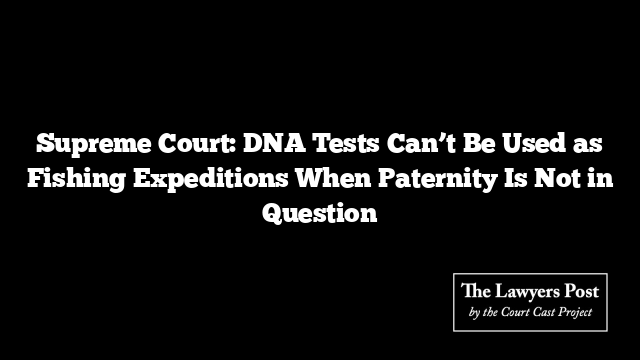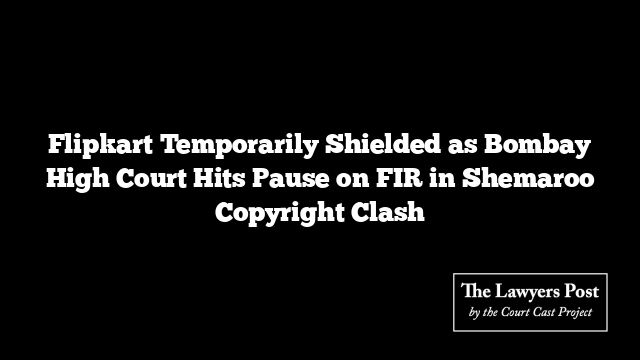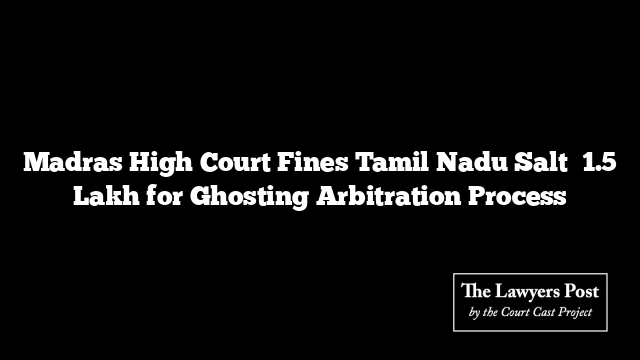The Supreme Court has drawn a firm boundary around the use of DNA profiling in criminal cases, ruling that no individual can be compelled to undergo such testing unless it directly relates to the issue at hand — especially when the paternity of a child is not in dispute.
A Bench of Justices Prashant Kumar Mishra and Vipul M Pancholi made it clear that scientific tools like DNA testing, while powerful, cannot be wielded as instruments of speculation. The Court said a mother’s consent to undergo testing cannot extend to forcing the child or the accused to do the same.
The judgment came while setting aside a Madras High Court order that had directed a doctor to submit to DNA testing. The case had its roots in a complaint by a married woman who accused the doctor of cheating and harassment, claiming he had fathered her child during her marriage.
The Court observed that the High Court had overstepped by assuming that DNA analysis was essential to the investigation. Under Section 112 of the Indian Evidence Act, the Court noted, a child born during a valid marriage is presumed legitimate unless proven otherwise — and the complainant had not shown proof of non-access between her and her husband.
“The respondent’s willingness to waive her own privacy does not translate into waiving the privacy of others,” the Bench said, underscoring that both the accused and the child, now an adult, possess independent rights to privacy and dignity that cannot be compromised.
Citing the constitutional protection of personal liberty under Article 21, the Court said forcing an individual to undergo DNA testing without a direct link to the alleged crime would be a “grave intrusion” into bodily autonomy. Referring to the landmark K.S. Puttaswamy verdict, the Bench reiterated that any such encroachment must satisfy the tests of legality, necessity, and proportionality.
It further warned that compelling a grown child—who was not even a party to the proceedings—to take part in such a process could inflict irreversible psychological and social harm.
“The High Court’s direction stemmed from a fundamental misunderstanding of both statutory law and constitutional safeguards,” the judgment noted, concluding that scientific procedures “must rest on demonstrable relevance, not mere curiosity.”
With that, the Supreme Court allowed the doctor’s appeal, reaffirming that privacy and dignity are not negotiable even in the pursuit of truth.





